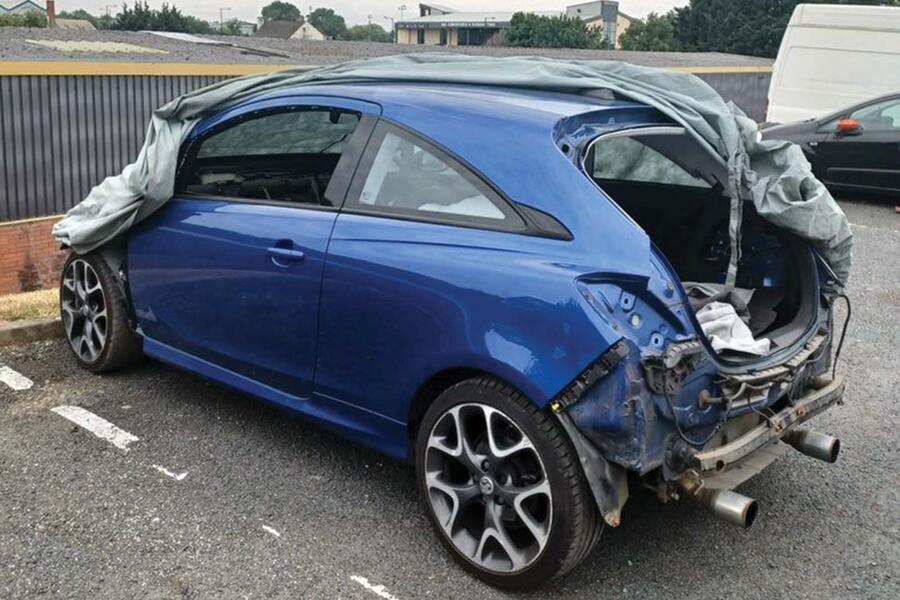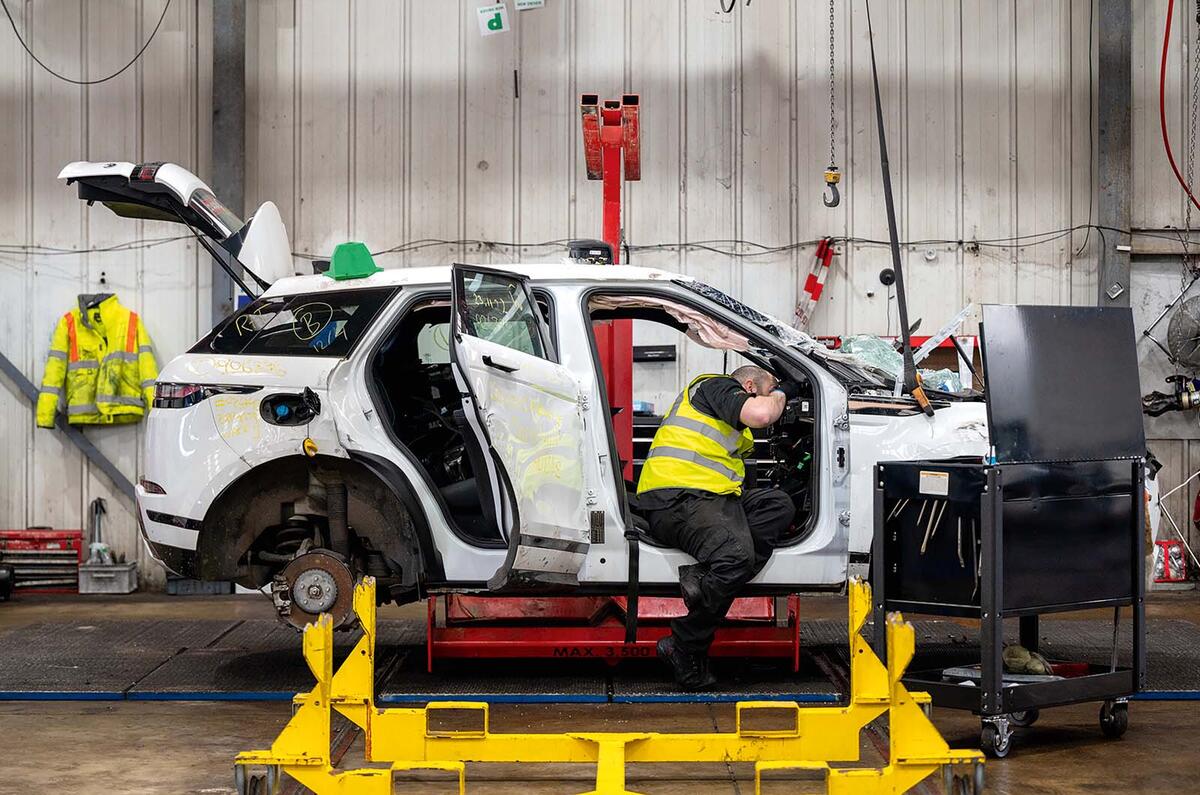As the shortage of replacement car parts continues, there are fears that it is fuelling car crime – and that dealers, garages and body shops could unwittingly buy stolen used parts online.
JLR recently admitted that around 10,000 of its cars are awaiting replacement parts, and with the delays running into months, some frustrated customers have been rejecting their cars, so JLR has allowed dealers to use second-hand parts rather than new ones.
A JLR spokesman told Autocar: “It’s JLR’s top priority to resolve the temporary parts delays some of our retailers are experiencing and minimise the impact to our clients.
“The use of parts locally sourced by our retailers for replacement and repair is a long-established practice in exceptional circumstances, provided those parts are fit for purpose and meet JLR specifications. This is clearly stated as part of any warranty agreement.”
Posing as a trade customer, Autocar contacted a major vehicle recycler to gauge the level of demand from dealers for used parts salvaged from written-off cars and was told by a salesman: “Demand is massive from dealers, and not just JLR ones. We’re supplying an awful lot into the dealer networks. Engines are a particular problem; we’re struggling like hell to get enough for dealers.”
Jordon Trent, customer service director at Charles Trent, a vehicle recycling company based in Poole, told Autocar that dealers in Europe are also searching for parts.
“Just yesterday we were contacted by a Land Rover dealer in Denmark desperately searching for a replacement engine,” he said. Crime experts fear that the demand is contributing to car theft, which last year increased by 24.9% compared with 2021. Many stolen cars are dismantled in ‘chop shops’ for their parts to be resold.

The problem has become so acute in the West Midlands that the police there have launched a campaign called ‘Shop a Chop Shop’ to identify and shut down these illegal operations. However, in response, criminals are stealing parts from cars where they stand.
This type of crime is usually mostly limited to cheaper cars, for which parts are often in demand from younger drivers keen to avoid making insurance claims, but according to Neil Thomas, director of investigative services at fleet management firm AX Innovation, more expensive models are now being targeted.
“A customer recently had the front grille and headlights of their Range Rover stolen while it was parked in a hotel car park, while a BMW M4 Competition we recovered was missing its headlights,” he said.




Join the debate
Add your comment
Why JLR is top quoted as the company requiring spare parts?
Hint: The bottom is Toyota
Certain manufacturers and EU regulations are demanding complicated vehicles with on the hoof technology and very poor reliability that is leading to them being unable to fulfil their own warranty work is what I am hearing and forces within the warranty/accident repair supply chain is making it worthwhile.